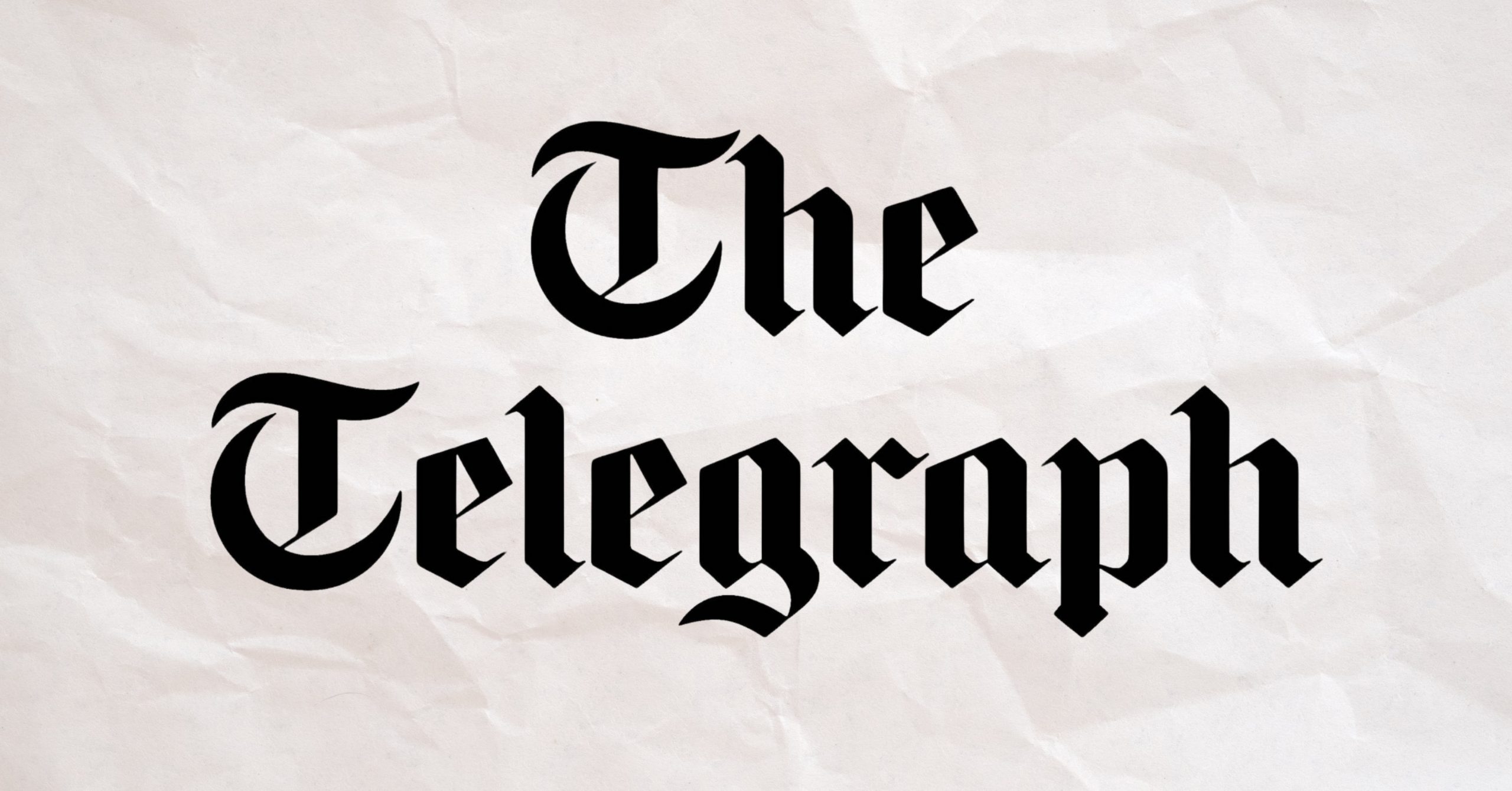America can’t leave the world to Putin

VOC’s Director of Government Relations, Karina Lipsman, writes for The Telegraph, on Vladimir Putin’s autocratic rule, Alexei Navalny’s death, and the United States’ duty of leadership.
With exacting precision only a dictator can orchestrate, the government’s press release announced the formal end to Putin’s last internal, democratic challenge: Alexei Navalny was dead.
His, and democracy’s, ignoble end was declared, allegedly, only two minutes after it happened. Internally and geopolitically, the Russian government understood the ramifications and the consequences. It wanted to waste no time.
Officially, Navalny died of “instant death syndrome” but to the free world, he was martyred. The timing of his death was another chess move, just like the press release.
National elections in Russia are next month and the current head of government, Vladimir Putin, is expected to clear yet another electoral victory, his fifth such election.
Plans are also underway for a new spring offensive on the Ukrainian front, coinciding with the winter thaw, and also because there are no coincidences in Putin’s Russia, the timing is possibly linked with the future celebrations of his next term.
World reaction has been swift, if muddled, and inconsequential. There are firm words again from the president of the United States, as well as consternation from his secretaries at Defense and State. Another round of sanctions will be announced by the White House.
From their palatial dachas, Putin and his politburo are reading all about the response from the West. They know for all the bluster of the West, in the end, it won’t matter. Business will continue as usual in Moscow.
Lacking a real response from the United States or its NATO allies, Putin now stands alone, emboldened by his continued snubbing of international norms. He has truly become master of his country.
Read the full article at The Telegraph.
Karina Lipsman is the Director of Government Relations for the Victims of Communism Memorial Foundation (VOC) and leads VOC’s engagement with U.S. federal and state policymakers, embassies, and advocacy initiatives with human rights allies and captive nations constituencies.

